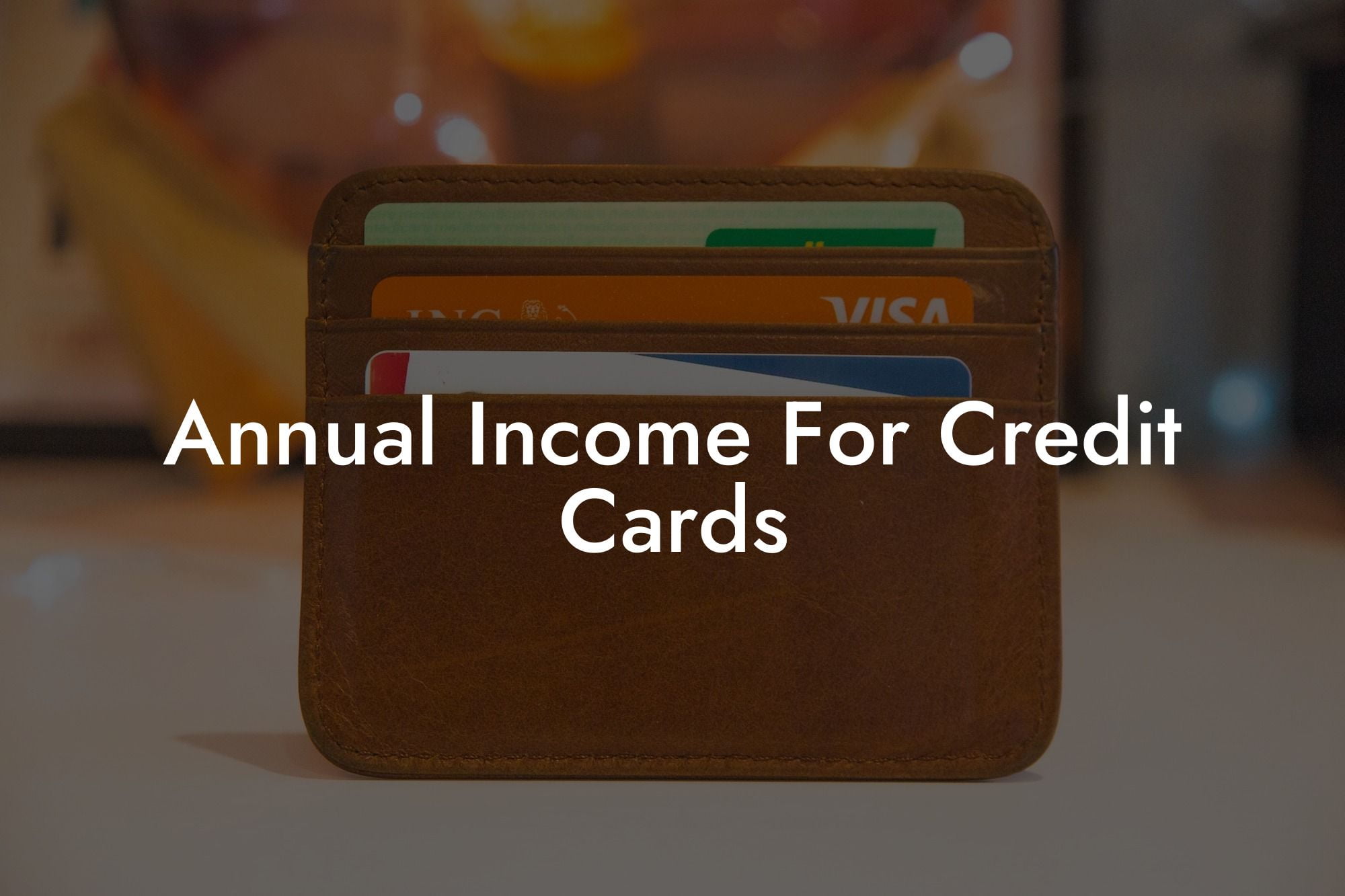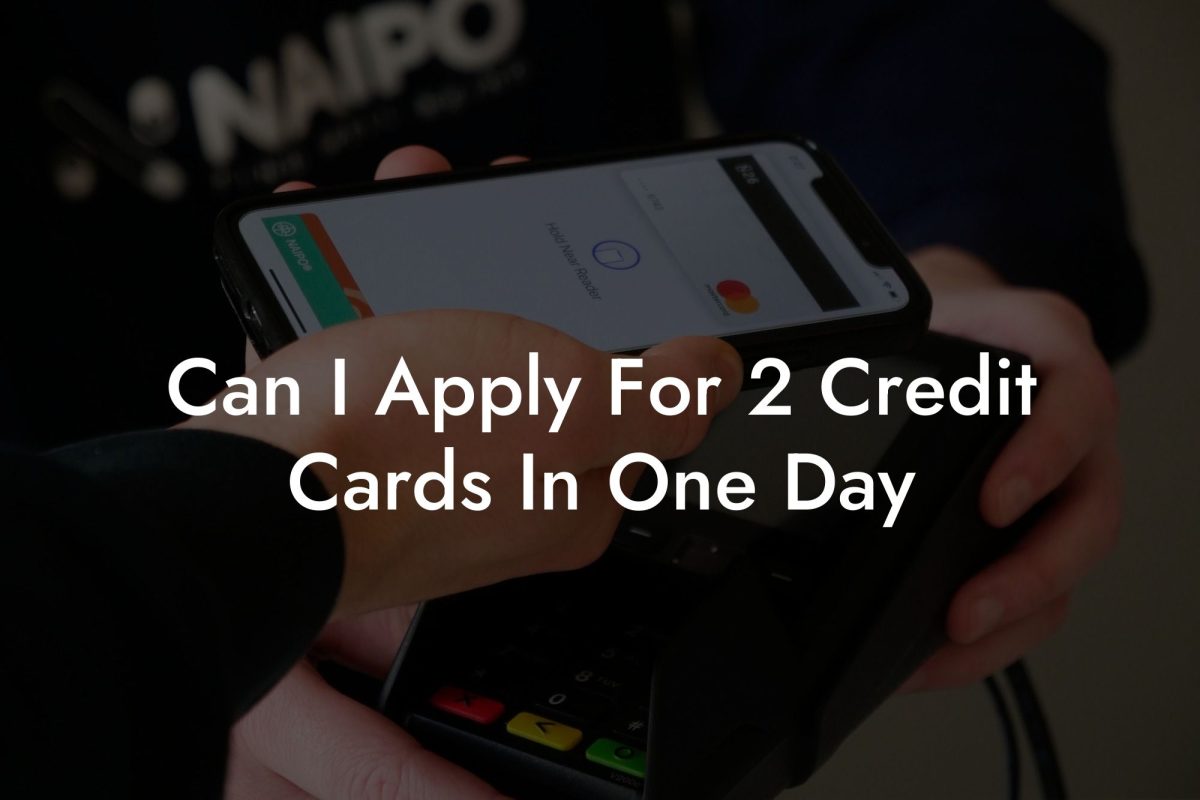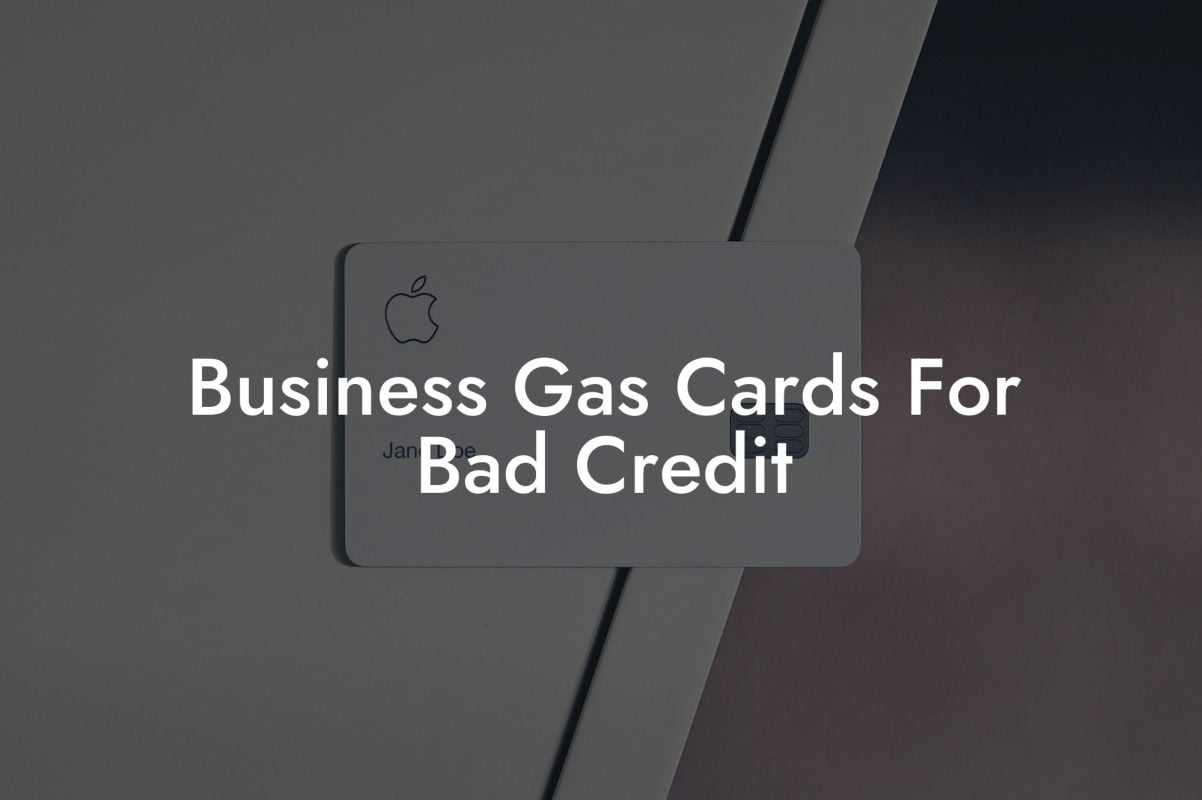If you're like many millennials, navigating the world of credit cards can be overwhelming. It’s not just about finding a card with low fees and great rewards – you also have to consider factors like your annual income. Why? Because the income you earn plays a significant role in the type of credit card you can qualify for. In this article, we’ll delve into the importance of annual income for credit cards, how it affects your credit card eligibility, and share some useful examples. Keep reading to gain valuable insights and set yourself up for financial success with Flik Eco!
Annual Income For Credit Cards Table of Contents
Why Annual Income Matters
When you apply for a credit card, lenders use your annual income as an indicator of your financial stability and ability to repay your credit card balance. Credit card issuers assess your risk level by considering factors such as:
- Employment status
- Debt-to-income ratio
- Credit score
Among these factors, annual income plays a crucial role in determining your credit limit (the maximum amount you can spend on your card) and your approval odds. Higher income typically leads to higher credit limits and better chances of approval for premium cards with more exclusive rewards and benefits.
Minimum Income Requirements for Specific Cards
Different credit cards come with varying minimum income requirements. Here are a few examples:
Low-Income Requirement Cards
These cards generally cater to people with lower incomes. Some issuers even offer cards with no minimum income requirement, making them ideal for students or those just starting their careers. These cards typically have lower credit limits, fewer rewards, and higher interest rates than more premium cards.
Mid-Income Requirement Cards
Mid-tier cards generally require applicants to have a stable income in the middle-income range. These cards often come with additional perks and benefits like travel rewards, cash back on certain categories, or lower interest rates on balances compared to low-income cards.
High-Income Requirement Cards
High-end credit cards, like premium travel or rewards cards, often have minimum income requirements in the high-income range. These cards come with numerous benefits, such as high rewards rates, travel perks, and insurance coverage. However, they often have high annual fees and a higher credit score requirement.
Disclosing Your Income on Credit Card Applications
When applying for a credit card, always be honest about your annual income. Lenders might verify your income using your tax return, pay stubs, or bank statements. Providing false information could lead to a lower credit limit, a declined application, or even the closure of your account.
Annual Income For Credit Cards Example:
Imagine you earn $40,000 per year. Your credit score is in the fair range (around 650). Here's how your income could affect the credit card offers available to you:
1. Low-Income Requirement Card: With your income, you would likely qualify for a basic card with no annual fee and a lower credit limit, around $1,500. The rewards might include a low cashback rate of 1% or basic travel rewards.
2. Mid-Income Requirement Card: As your income isn't in the higher range, your chances of approval for a mid-tier card may be lower. However, if approved, you could enjoy a higher credit limit (around $5,000) and better rewards, such as 2% cashback or free travel insurance.
3. High-Income Requirement Card: With your current income, you probably won't qualify for a high-end card with exclusive perks and a high annual fee.
Now that you understand the role of annual income in credit card eligibility, you can confidently approach your credit card search, knowing which options work best for you. Armed with this information, you're well on your way to making smarter financial decisions and maximizing your credit potential.
Looking for more helpful advice? Check out Flik Eco's library of resources on credit cards, banking, investing, and more. And don't forget to share this article with friends and family to help them navigate the world of credit cards too!













